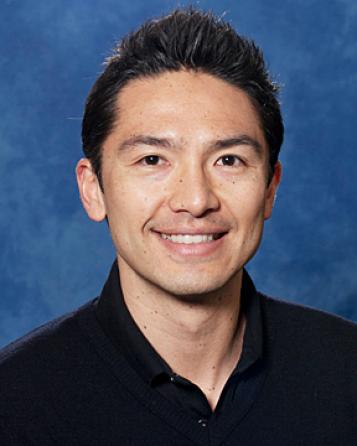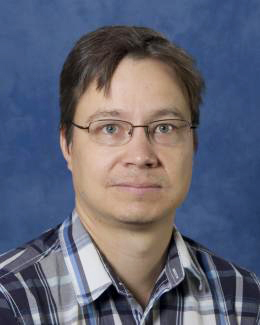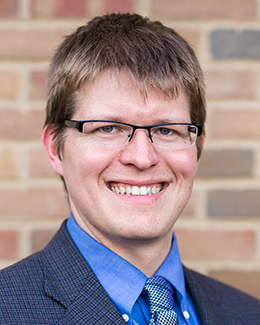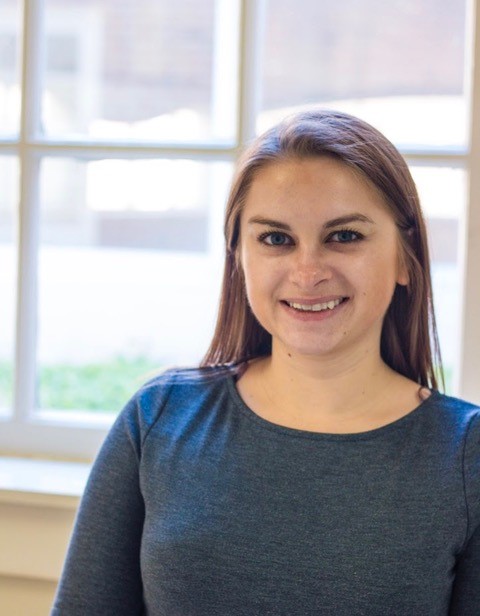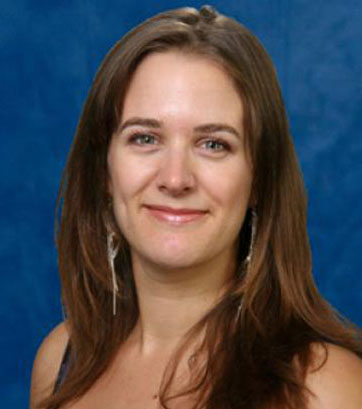Rachel Fernandes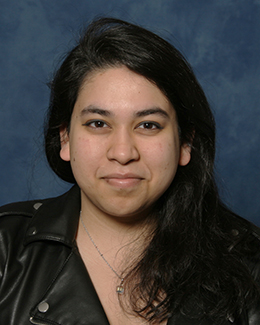
Advisor: Ilaria Pascucci
Outstanding Research, Publications, and Presentations.
Rachel defended her dissertation, Exoplanet Demographics Beyond Kepler: Giant Planets with Radial Velocity & Young Planets with TESS, on April 20. The thesis focuses on understanding how planets form and evolve by connecting the properties of their natal environment to the exoplanets discovered around mature stars. Rachel's dissertation work has so far resulted in two first-author papers, with another close to submission.
Rachel has been awarded the Penn State President's Postdoctoral Fellowship and was also named as a Center for Exoplanets and Habitable Worlds Fellow at Penn State.



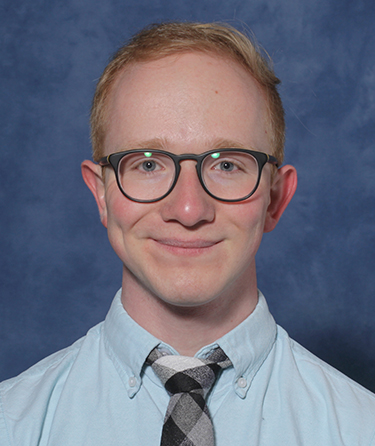 Galen Bergsten
Galen Bergsten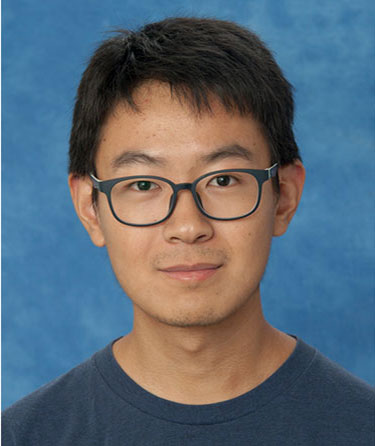
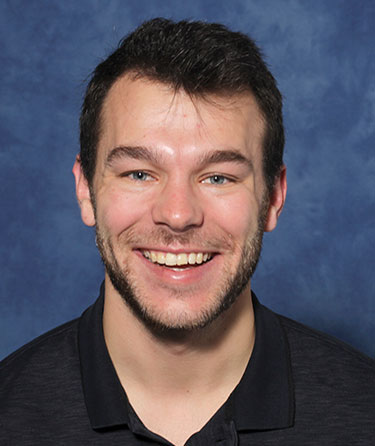
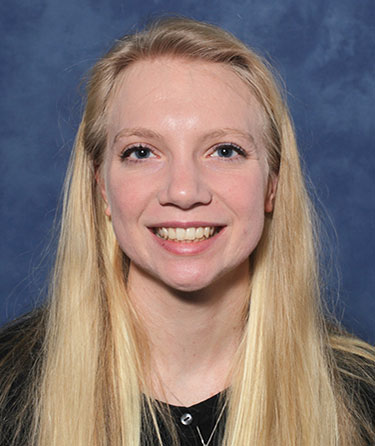
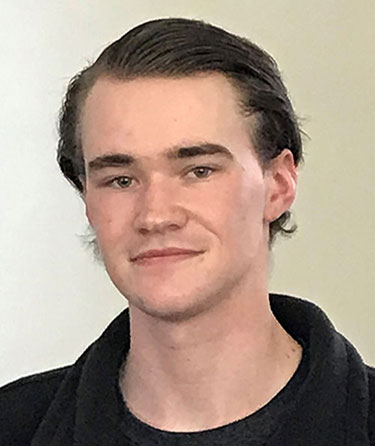
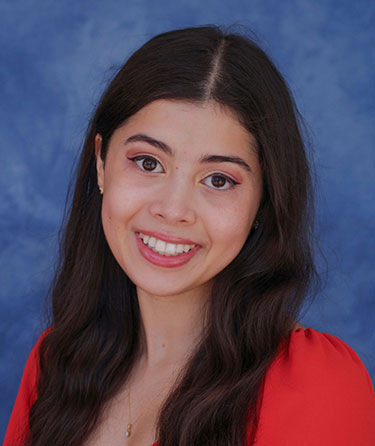
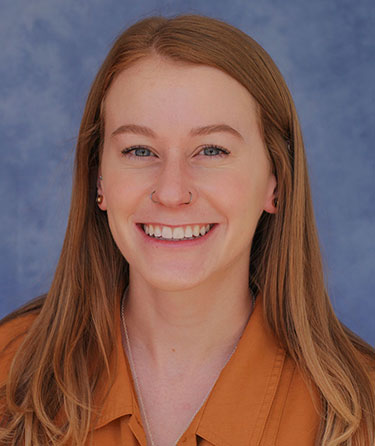
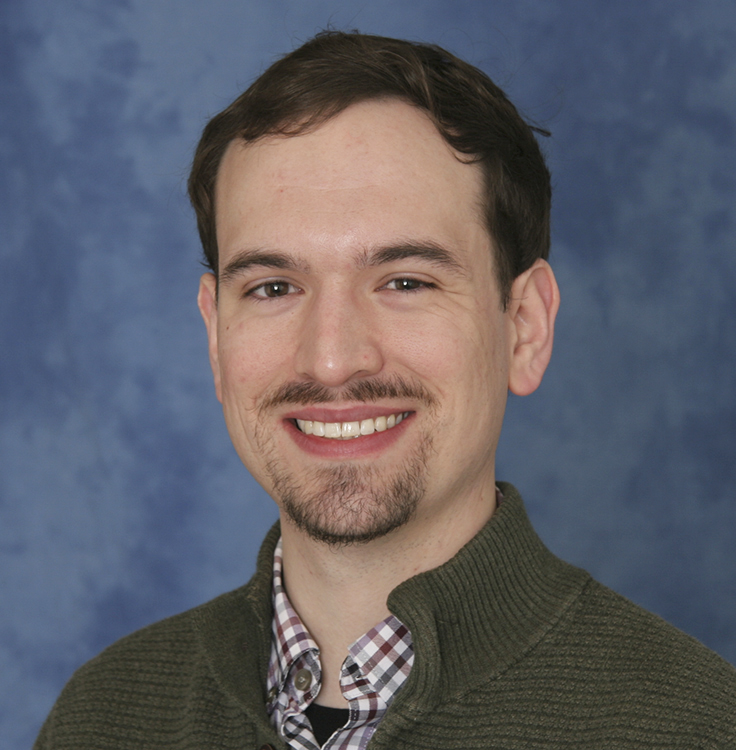 Adam Battle is the recipient of the 2023 LPL
Adam Battle is the recipient of the 2023 LPL 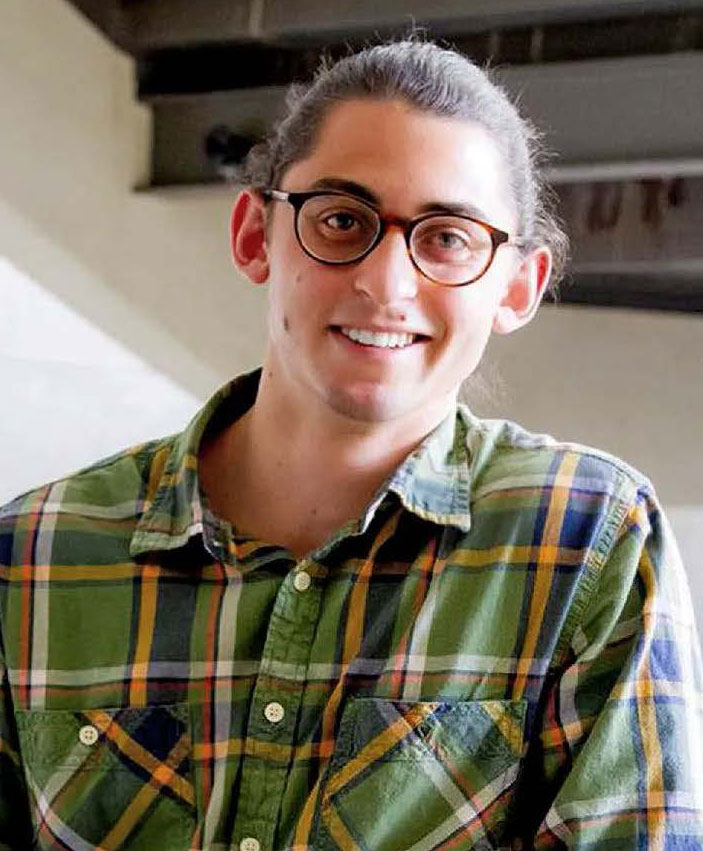
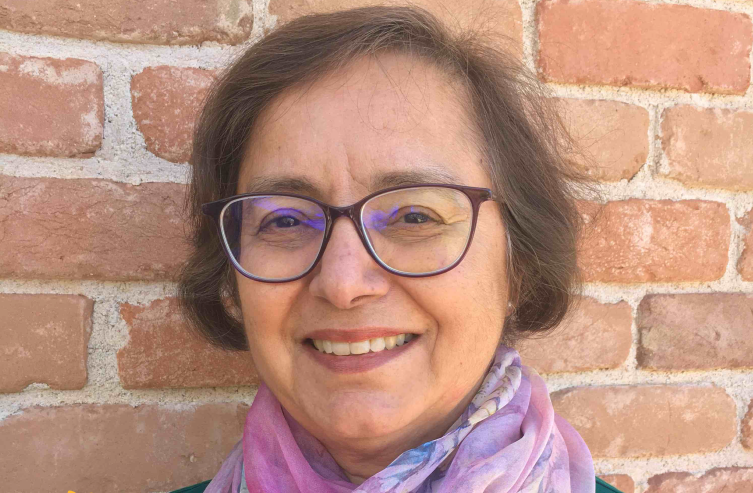 In April, the UArizona College of Science celebrated Asian Pacific Islander Desi American (APIDA) Heritage Month with
In April, the UArizona College of Science celebrated Asian Pacific Islander Desi American (APIDA) Heritage Month with 